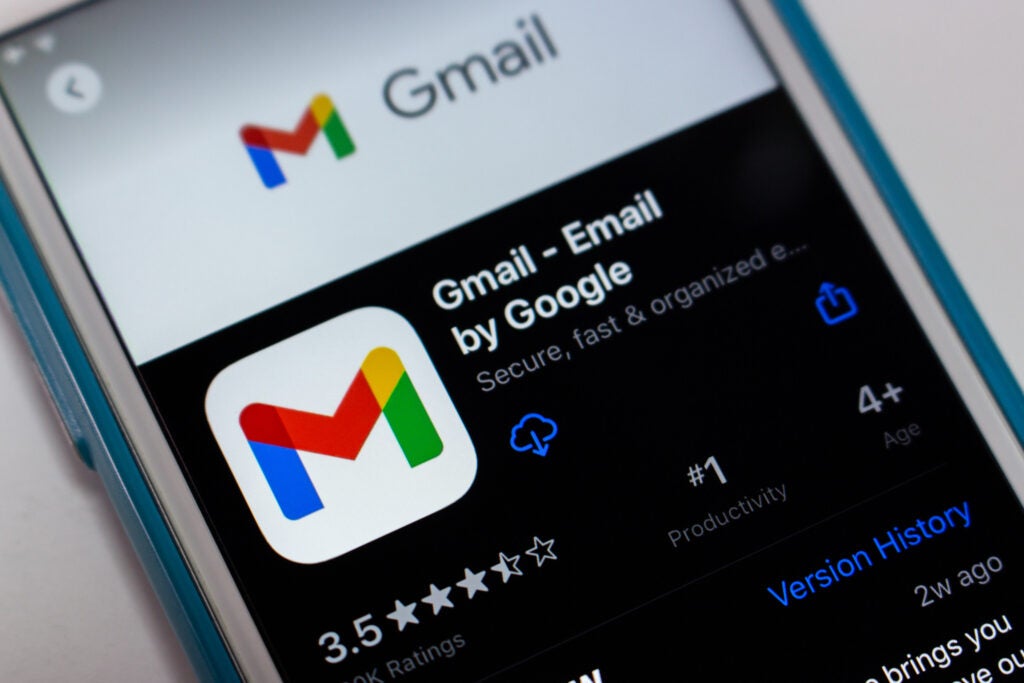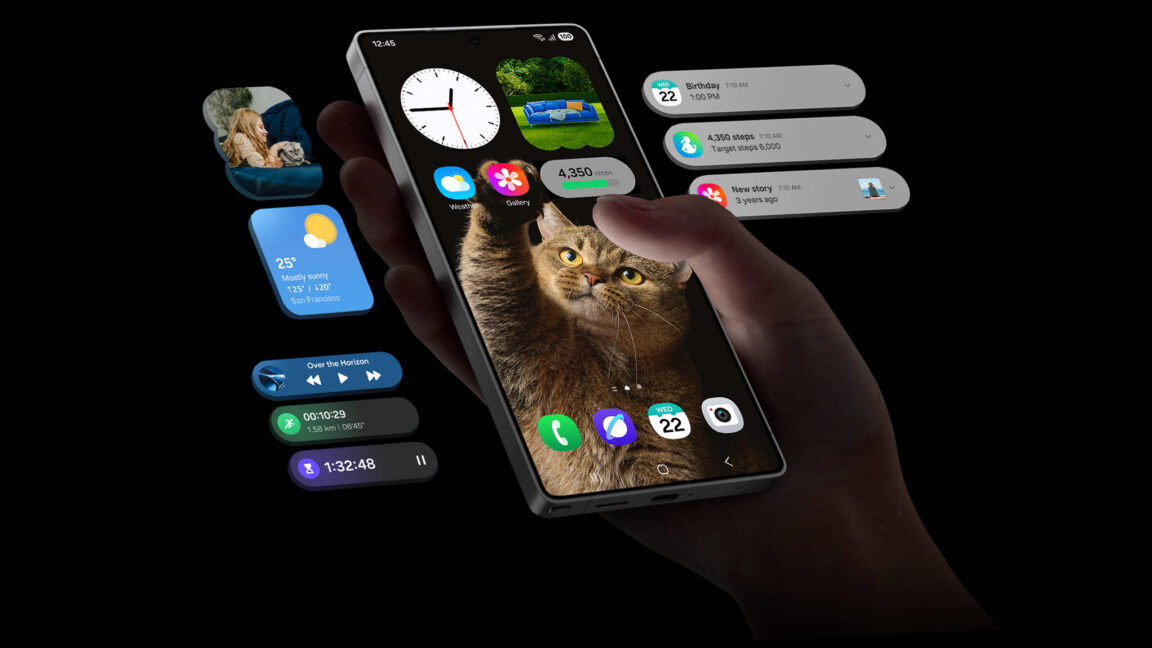Google has debuted an app letting users run artificial intelligence (AI) models on their phones.
That’s according to a report Saturday (May 31) by TechCrunch, which said the new tool — dubbed Google AI Edge Gallery — lets users run AI models from the Hugging Face platform. Available now on Android, it will come to Apple’s iOS.
The tool lets users find, download and run compatible models that do things like generating images, answering questions, or writing and editing code. The models run offline using phones’ processors, without any need for an internet connection.
The report noted that while AI models running in the cloud are in many cases more powerful than their local counterparts, they also have their drawbacks. Some users might not be comfortable with sending personal or sensitive data to a remote data center, or want to have models available without needing to seek out a Wi-Fi or cell connection.
Google is cautioning that users’ experience may vary when it comes to performance, the report said. Newer devices with more powerful hardware will invariably run models faster, but the model size also factors into performance. Larger models will take more time to carry out tasks than smaller ones.
In other Google/AI news, PYMNTS wrote last week about the way the company’s new AI Overviews and AI mode have changed the rules of search. So says David Hunter, CEO of SEO (search engine optimization) analytics company Local Falcon.
“It is fundamentally changing the search engine optimization universe,” Hunter said in an interview with PYMNTS. “It’s not just a little algorithm update. … The concept of being visible in a search engine is changing dramatically.”
In the past, businesses could optimize their content for Google’s bots that crawl websites by inserting inbound links and populating pages with keywords.
However, Local Falcon’s research finds that Google’s AI now analyzes queries differently, using large language models to come up with conversational results based on contextual understanding of user intent.
The findings mark a “significant shift” in how Google determines which businesses show up and in what order, according to the company.
It’s no longer about stuffing keywords and hoping to produce traffic, Hunter said. Brands need to write good content that has conversational relevance and offer up proof that “you know what you’re talking about.”
See More In: AI, AI models, artificial intelligence, GenAI, generative AI, Google, Google AI, Google AI Edge Gallery, Hugging Face, local AI models, News, PYMNTS News, What's Hot








 English (US) ·
English (US) ·